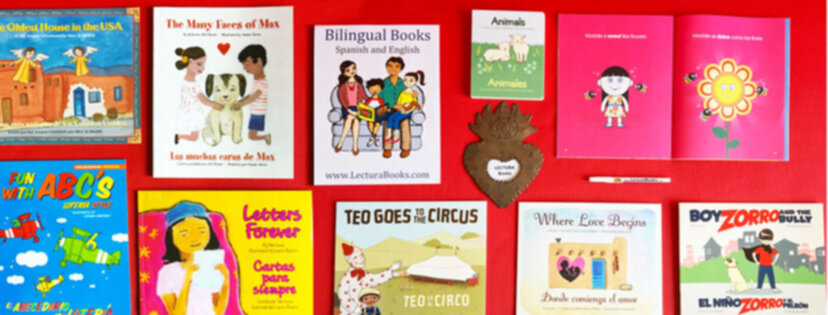5 Myths About Learning Two Languages
Let’s address some of the myths floating around out there to see why they’re just that: “myths.”

Based on research, the answer is no. Interestingly, this concern often comes from parents when they see that their child knows fewer words in each language, making them think it’s a language delay. However, according to a journal article in Learning Landscapes, when the “conceptual vocabulary,” meaning all of the words they know in both languages is considered, they actually know more, so that one can be put to rest.
Also, the data in the field indicates no. Code mixing is considered a normal aspect of being bilingual. In addition, studies show that most bilingual kids understand code-mixed sentences. Their processing patterns are even similar to bilingual adults. This suggests, then, that’s it not slowing down their development in any way.
Because parents want kids to learn the dominant language, some will use that language, themselves, even if they’re not fluent. However, in doing this, they lose quality communication. Based on the evidence, anyway, the answer is no. In fact, Hanen, a Canadian non-profit organization, states that it can provide an even stronger foundation for learning the dominant language.
Yes, that’s because even if a person is bilingual, one language is almost always more dominant.
No, definitely not, the educational website, Bilingual Kids Rock, states that the majority of the world’s population knows two languages or more.
Finding educational programs that support ELL students’ first language, such as The Latino Family Literacy Project, can make an enormous difference on their academic and language acquisition success.
